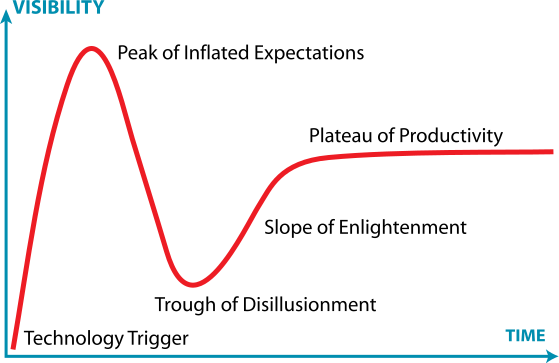How can we design and use social media with children? It’s a complex issue that is less explored in the research literature (for a myriad of reasons related to policy, safety, convenience etc.). Add onto that the complexity of “learning” science; how could we use social media to promote science learning for children?
I’m really excited to share our paper, which will be presented at the CSCW 2014 Conference in February, called “Selfies for Science”. It’s a case study of our 2-year design process of a social media app for kids called ScienceKit, and how new types of collaborative learning configurations can happen when we implement it in an informal science program.

